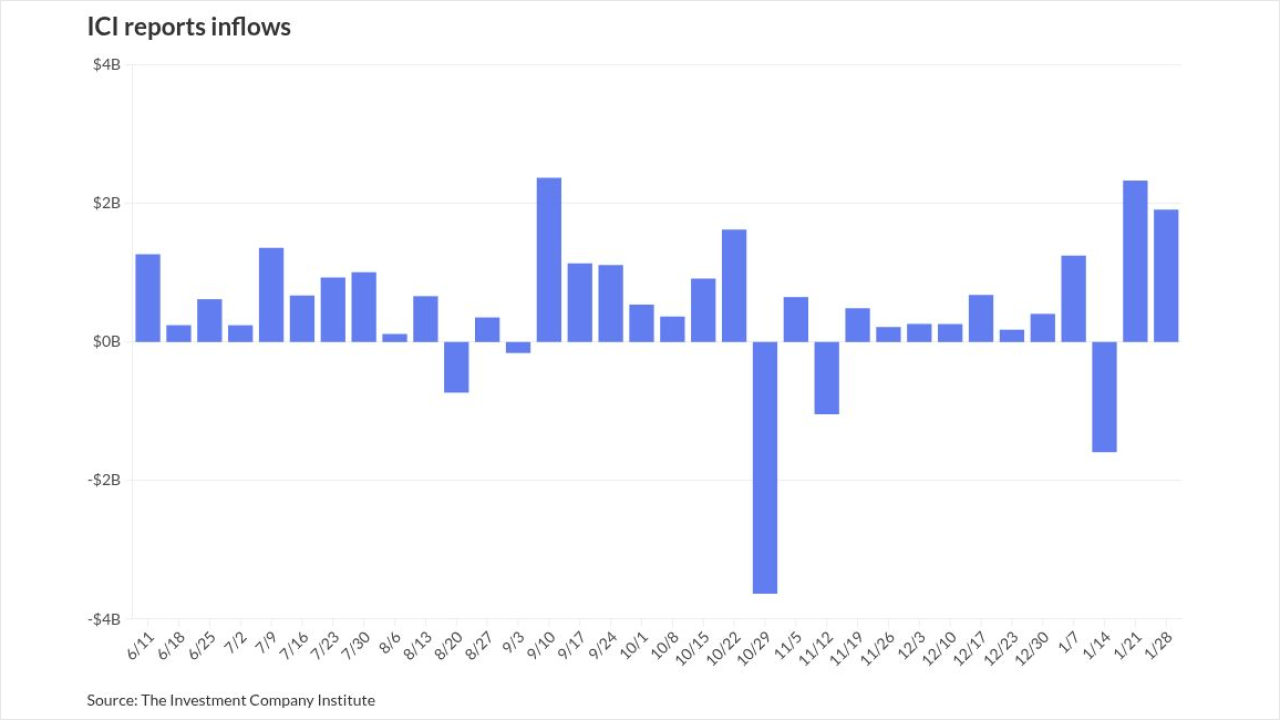WASHINGTON - Federal regulators can and should use the opportunity of simplifying the Volcker Rule to restore the legality of the traditional tender option bond structure, broker-dealers said this week.
The Securities Industry and Financial Markets Association made that pitch to several regulatory agencies exploring the possibility of rolling back parts of the Volcker Rule, including the Office of the Comptroller of the Currency, Federal Deposit Insurance Corp., Commodity Futures Trading Commission, the Federal Reserve Board of Governors, and the Securities and Exchange Commission. Dealers have been pushing for years to modify the rule to permit the old TOBs structure which the industry believes is more efficient than the Volcker-compliant alternatives developed subsequent to the rule’s effectiveness.
In a traditional TOB program, the “sponsor” will deposit a fixed-rate bond or note into a trust, which will issue two new certificates — a floating rate certificate sold to a money market fund and a residual certificate which may be sold to a mutual fund or closed-end fund or held by a bank.

The floating rate certificate will have a tender option, supported by a liquidity facility to cover the purchase price of the unremarketed tender receipts. That shortens the maturity of the bond or note so it that it becomes eligible for purchase by a tax-exempt money market fund.
The TOB market has played an important role in providing market liquidity, SIFMA told the regulators, reducing the yield and transaction costs for municipal securities and passing those benefits on to issuers.
But because the Volcker Rule restricted banks and their affiliates from sponsoring a TOB program or owning a residual certificate issued by a TOB trust, those programs had to be restructured once the Volcker Rule became fully effective in July. Banks developed alternate structures that comply with Volcker, but they are not a perfect substitute for the traditional TOB market according to SIFMA.
“These structures are unnecessarily complex, burdensome to investors, and impair liquidity,” wrote Michael Decker, a managing director and co-head of SIFMA’s muni group.
The rule was intended to prevent banking entities from engaging in “short term speculative proprietary trading” either directly or indirectly through funds that engaged in that activity, Decker told the regulators. Subjecting TOBs to restrictions does nothing to achieve that goal, he argued.
“A TOB vehicle is a passive fund that holds municipal securities, usually for a long time period,” wrote Decker. “None of the elements of short term speculative proprietary trading are present.”
SIFMA instead recommends that regulators use as a framework the “qualified tender option bond entity” definition used in the risk retention rule for asset-backed securities. That definition lays out various restrictions that a qualified tender option bond entity must comply with, such as issuing a single type of TOB.
“The final Risk Retention rules did not exempt TOB vehicles from risk retention, but the agencies did provide additional risk retention options for sponsors of a limited universe of TOB vehicles described in the QTOB definition,” Decker said.
The regulatory agencies would have to formally approve any changes to Volcker before they could take effect.





